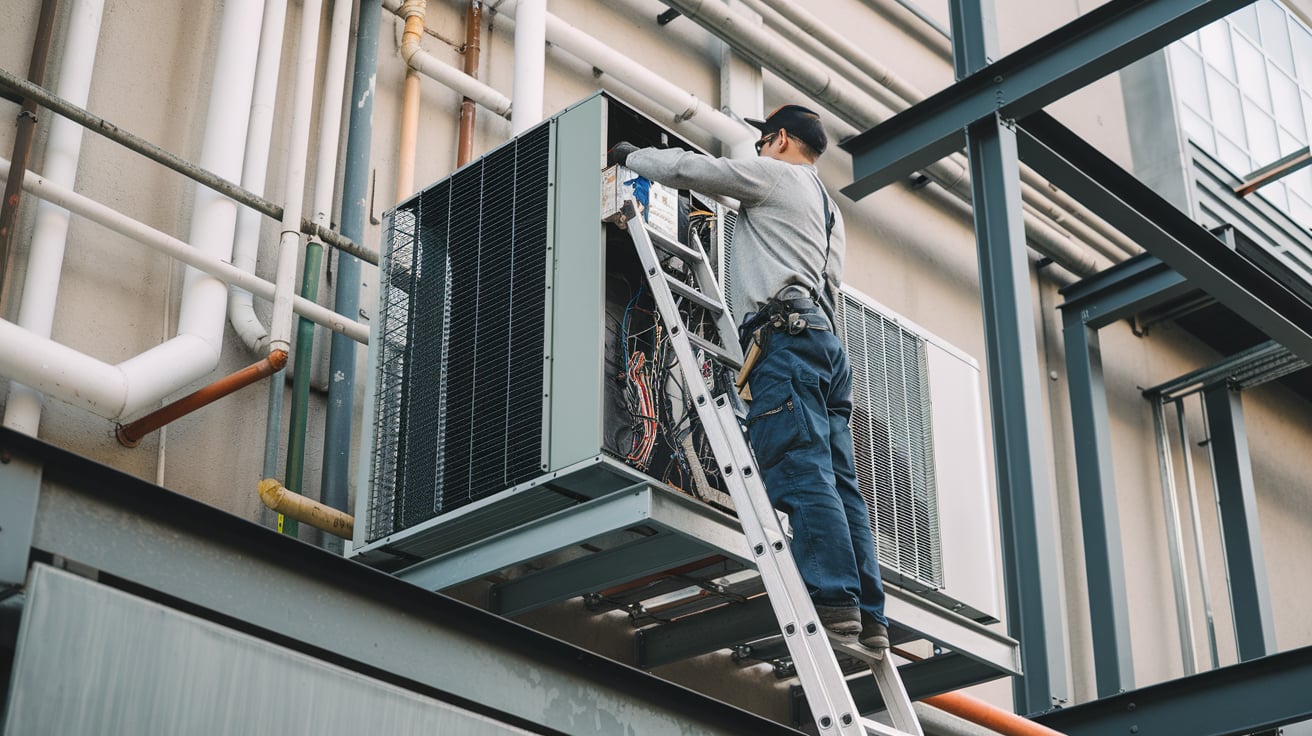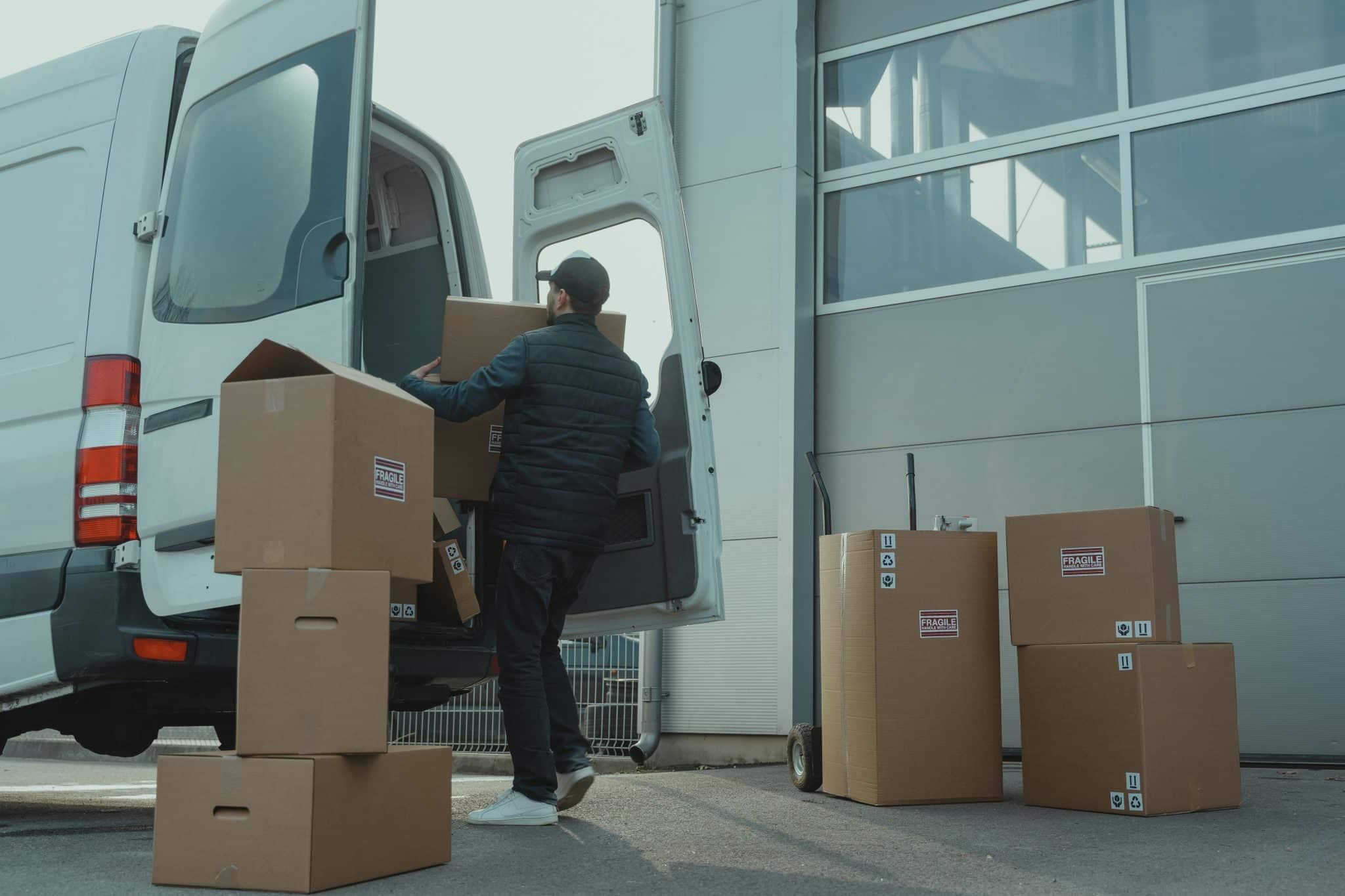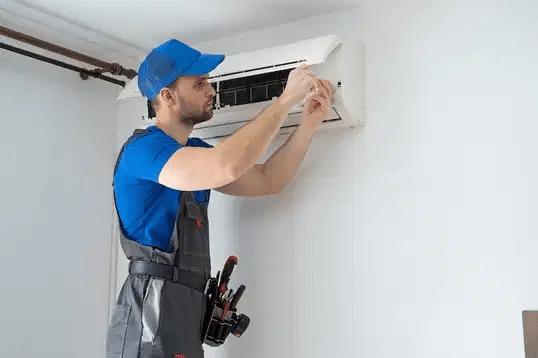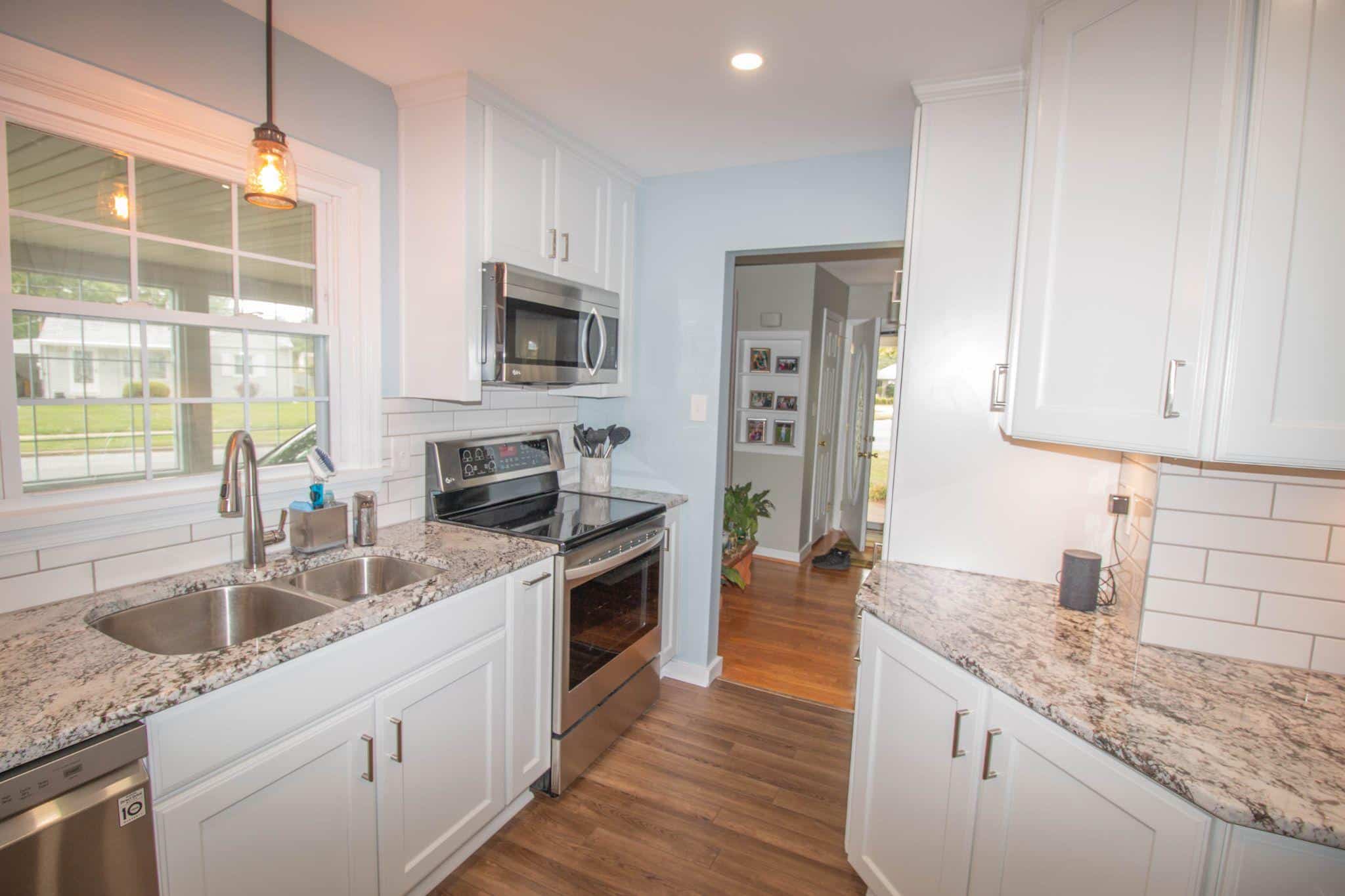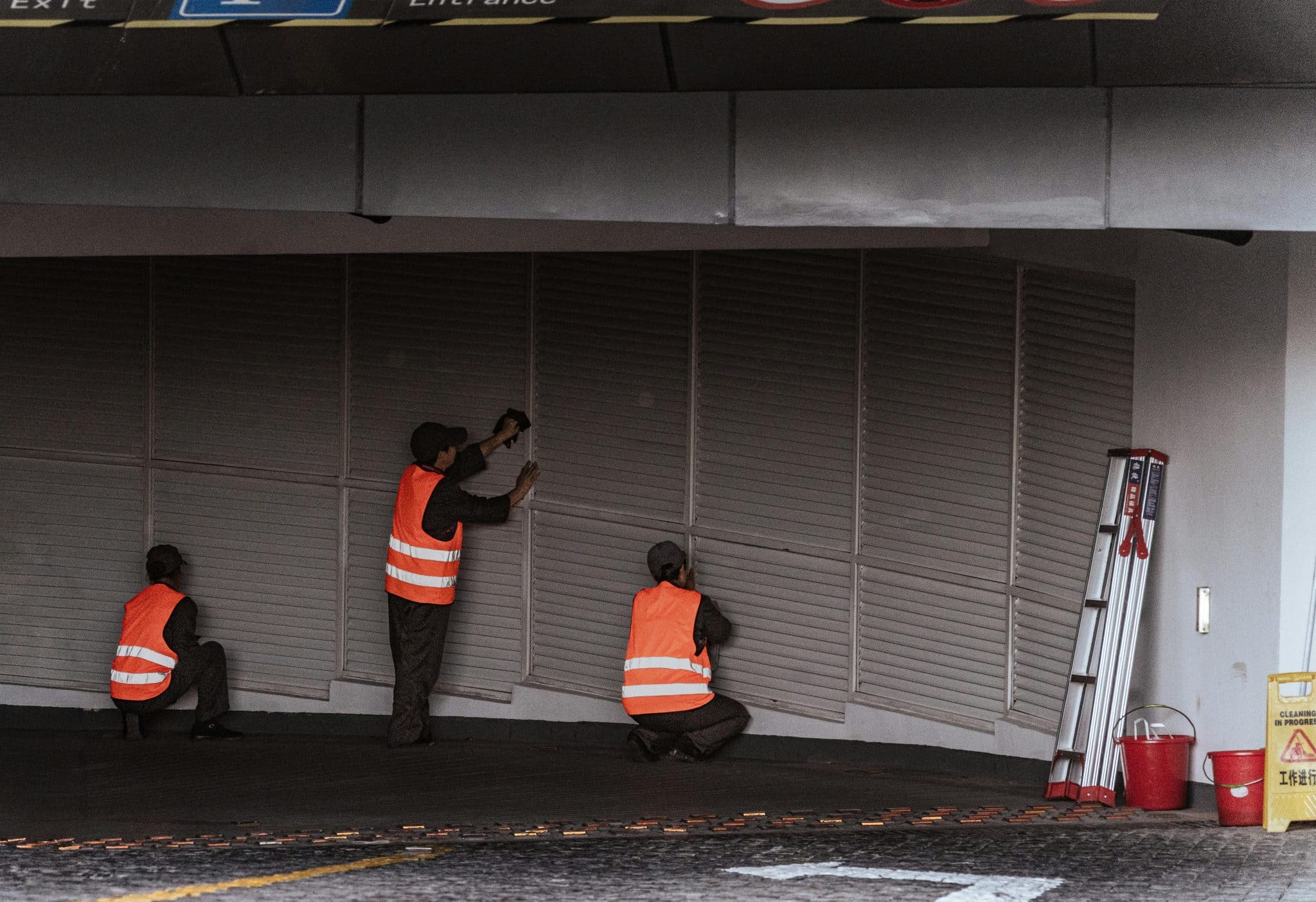Ever opened your monthly utility bill and felt that sharp pain in your wallet? An inefficient HVAC system might be the silent culprit draining your finances.
I’ve seen countless homeowners postpone HVAC inspections, not realizing that this small maintenance cost prevents much larger repair expenses down the road.
Imagine having peace of mind, knowing your system is running at peak efficiency, saving you money each month, and avoiding those emergency breakdown calls during extreme weather.
In this guide, I’ll explain exactly what you should expect to pay for an HVAC inspection, what factors affect the price, and why this small investment might be the smartest money-saving move you make this year.
Let’s get started by understanding the real costs.
What Is an HVAC Inspection?
An HVAC inspection is when a trained person checks your heating, cooling, and air systems to make sure they work properly.
During this check-up, they look at parts like your furnace, air conditioner, vents, and thermostats. They test if everything runs safely and efficiently.
The inspector will clean dirty parts, tighten loose connections, and spot problems before they become bigger issues that might cost a lot to fix.
Getting regular HVAC inspections helps your system last longer, keeps your energy bills lower, and ensures your home stays comfortable in hot and cold weather.
Most experts suggest getting your HVAC system checked twice a year – once before summer and once before winter.
Detailed HVAC Inspection Cost Breakdown
Here’s a simplified breakdown of common HVAC inspection types, their associated costs, what they encompass, and recommended maintenance frequencies for your system.
| Inspection Type | Cost | Best For | Includes | Recommended Frequency |
|---|---|---|---|---|
| Basic Checkup | $75–$125 | Newer systems or annual checkups | Visual checks, filter & thermostat | Once a year |
| Full Diagnostic | $150–$300 | Older systems or troubleshooting | Electrical test, airflow, refrigerant | Once a year or as needed |
| Seasonal Tune-Up | $100–$200 | Pre-summer or pre-winter prep | Coil cleaning, blower, and duct check | Twice a year |
| Post-Repair Inspection | $80–$150 | After major repairs | Re-test performance & repair | As needed |
| Pre-Sale Inspection | $150–$250 | Selling or buying a home | Full system report, documentation | One-time |
| Multi-Zone System Check | $200–$350 | Zoned or multi-unit homes | All of the above, per zone | Annually or biannually |
Why Regular HVAC Inspections Are Worth It?
1. Cut Your Energy Bills
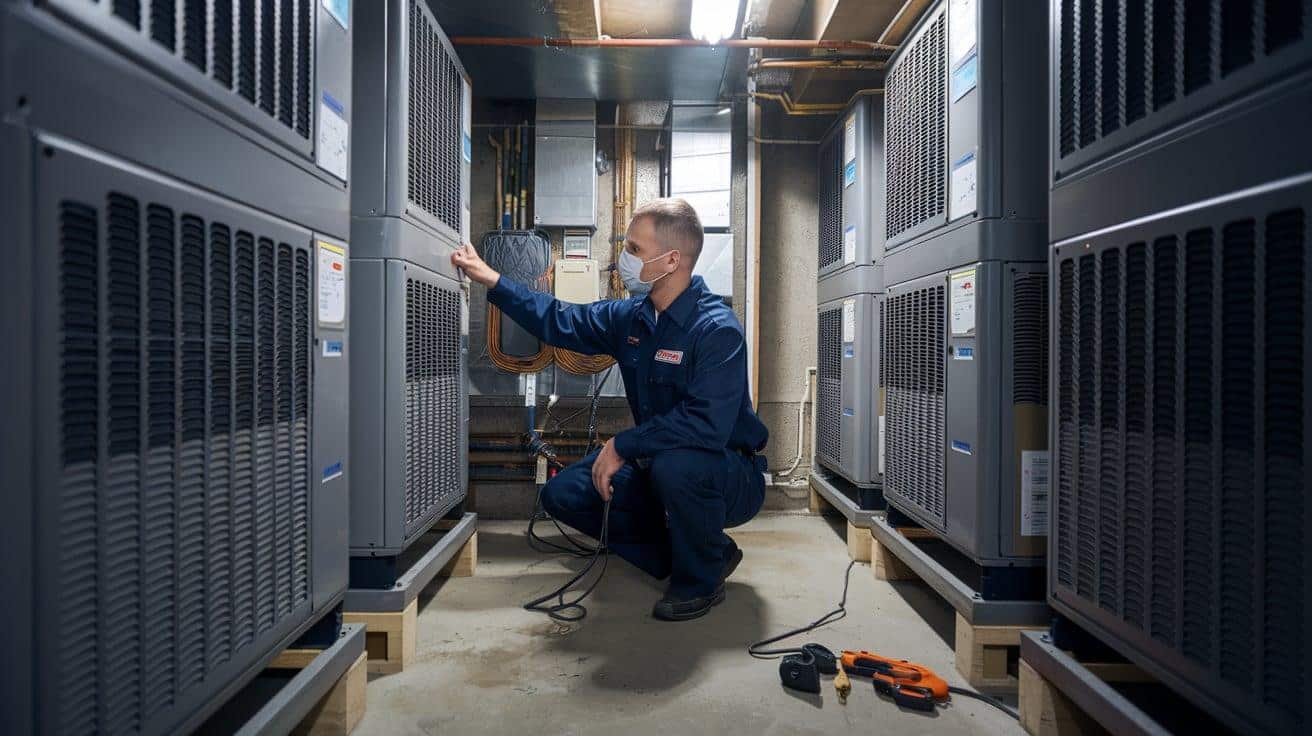
A tuned-up system uses less power to keep you comfortable, putting money back in your pocket every month. Those savings can add up to hundreds of dollars annually, especially with older systems.
2. Avoid Those Middle-of-Summer Breakdowns
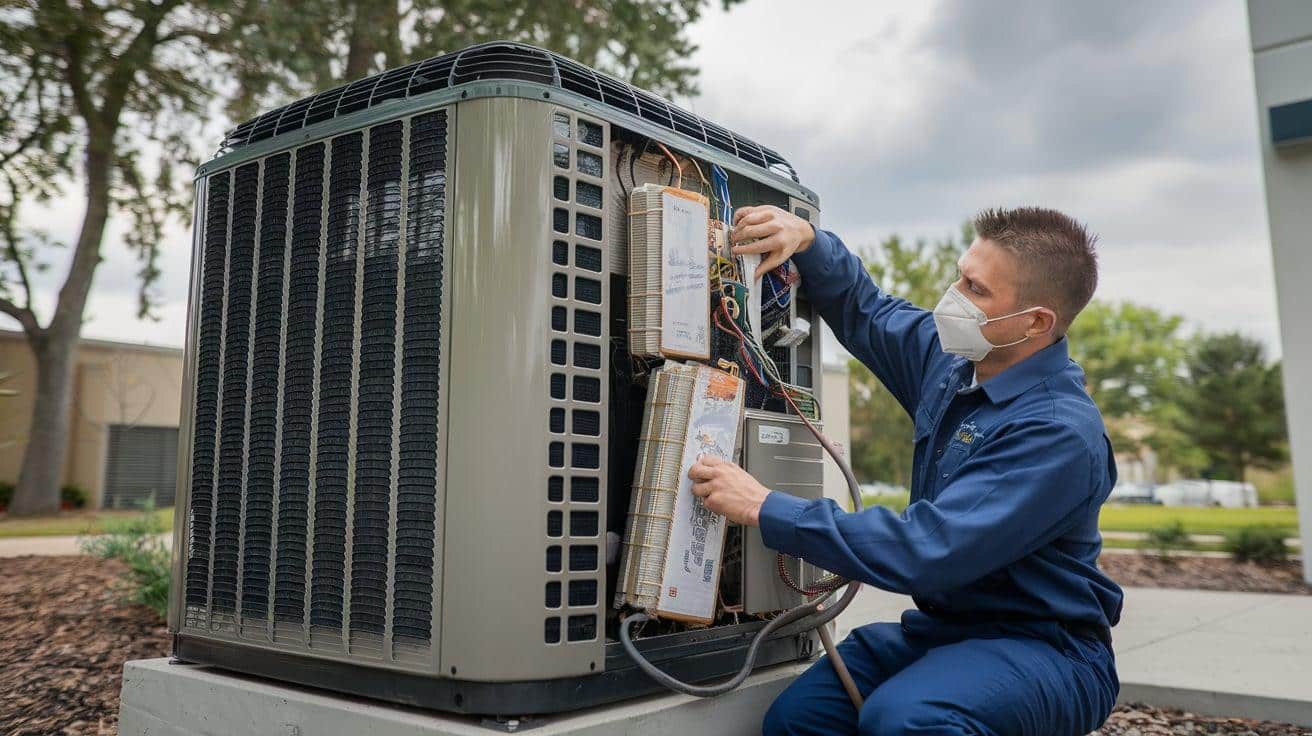
Nothing’s worse than your AC quitting during a heatwave. Regular checks catch small problems before they become emergencies. Emergency repair costs can be 2-3 times higher than standard service calls.
3. Add Years to Your System’s Life
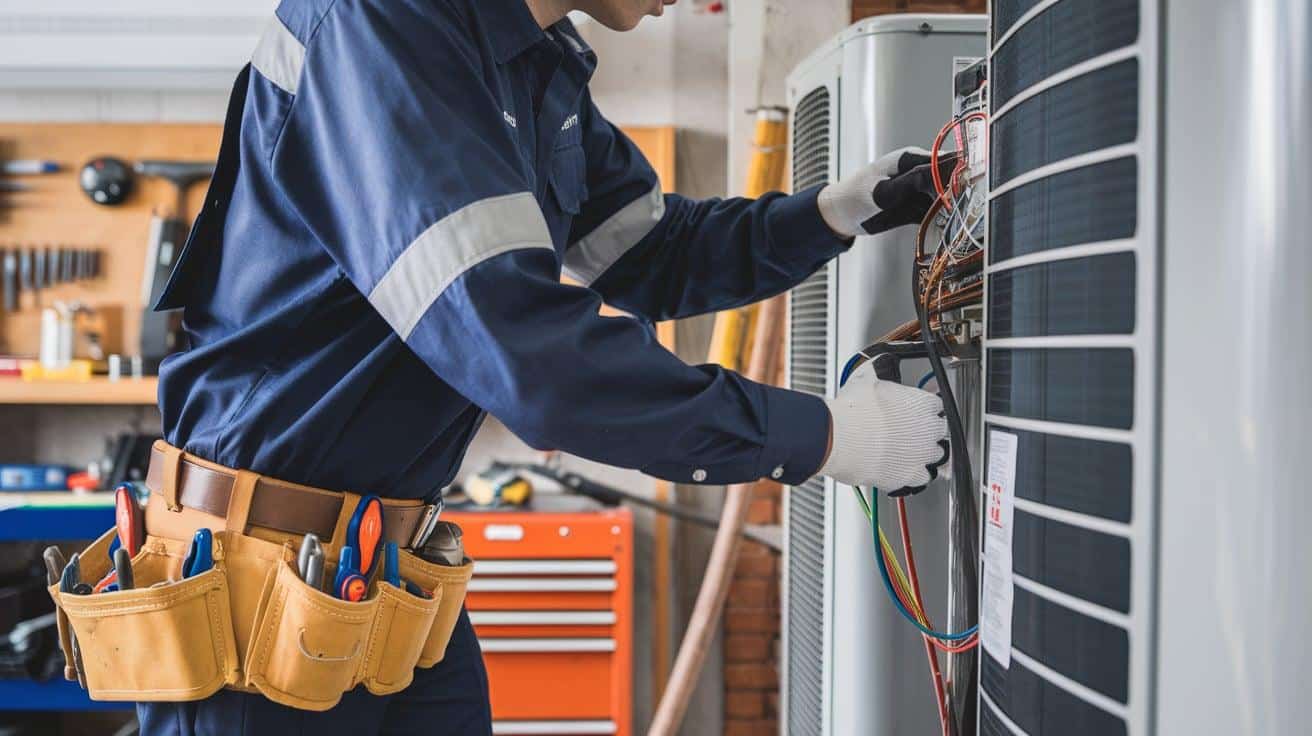
Like oil changes for your car, HVAC maintenance helps your equipment last longer, potentially saving you thousands on early replacement. A well-maintained system typically lasts 15-20 years, while neglected units often fail after just 7-10 years.
4. Breathe Cleaner Air at Home
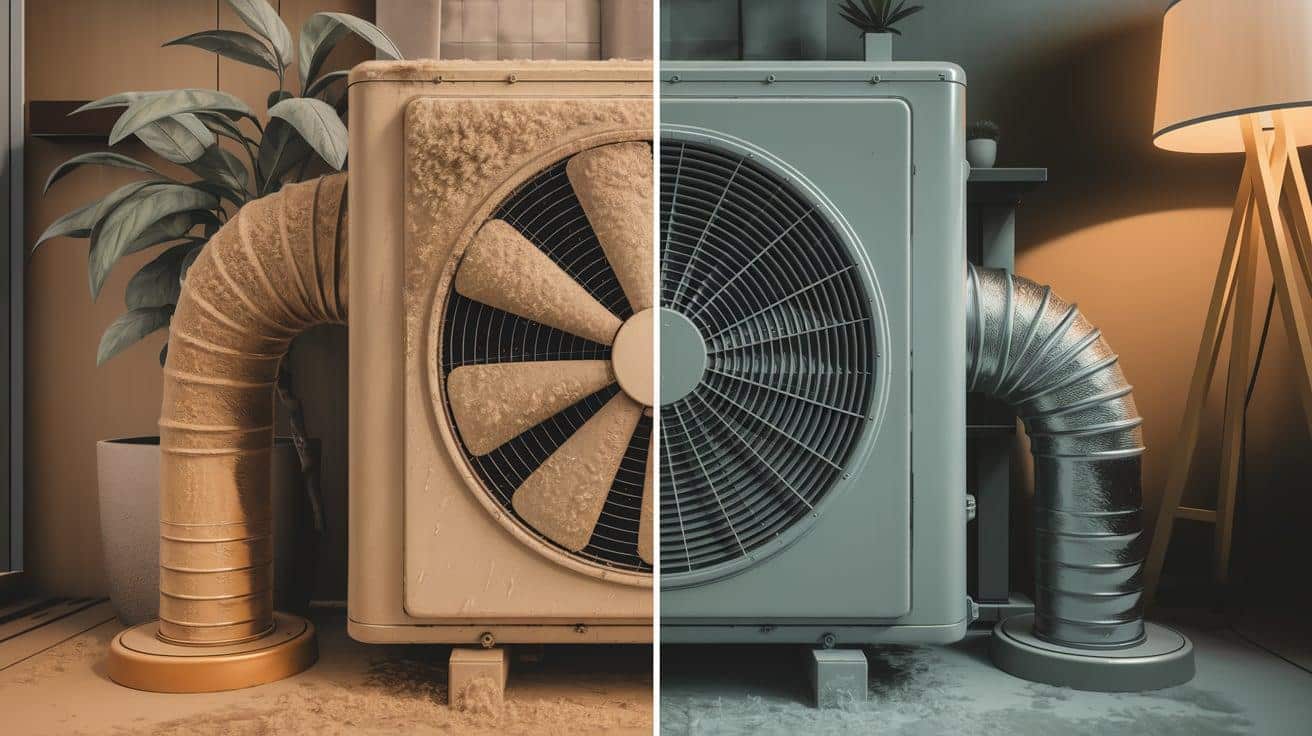
Dirty systems circulate dust, allergens, and other yucky stuff. Clean systems mean healthier lungs for everyone in your home. This is especially important if anyone in your family has asthma, allergies, or respiratory issues.
Pro Tip: Think of that $100-ish inspection fee as cheap insurance. One prevented breakdown pays for years of maintenance!
When Should You Schedule an HVAC Inspection?
-
Twice a year is best – Get your AC checked in spring before it gets hot, and get your heating system checked in fall before it gets cold. This timing helps catch problems before you really need your system.
-
Have you just moved into a new place? Schedule an inspection right away. You don’t know how the previous owner treated the system, and surprises aren’t fun when it comes to HVAC.
-
Have you noticed higher bills or strange noises? Don’t wait. If your system sounds like it’s struggling or your energy bills are climbing, get it checked now.
-
Is your warranty about to expire? Get an inspection before it expires. If the technician finds anything wrong, you can get it fixed while it’s still covered.
Rule of Thumb: The best times for inspections are during mild weather – April/May for cooling and September/October for heating. Technicians are less busy, and you won’t be without comfort during extreme weather.
Common Mistakes People Make About HVAC Inspections
1.Waiting until Something Breaks
This is like never going to the doctor until you’re seriously sick. Regular inspections catch small issues before they turn into expensive emergencies or total system failures.
Most catastrophic HVAC failures show warning signs weeks or months before completely breaking down, signs a professional would notice during routine maintenance.
2. Ignoring Older Units
“If it ain’t broke, don’t fix it” doesn’t work with aging HVAC systems. Older units actually need more attention, not less. Without proper maintenance, they’re more likely to develop problems and waste energy.
Systems over 10 years old typically run 20-30% less efficiently than when they were new, unless they’ve been well-maintained, costing you money with every heating and cooling cycle.
3. Skipping Inspections to “Save Money”
This short-term thinking costs you more in the long run. The $100 you “save” today could cost you $1,000+ when your neglected system breaks down or runs inefficiently for months.
Plus, most manufacturers’ warranties require proof of regular maintenance. Skipping those inspections might void your warranty protection when you need it most.
4. Not Asking for a Detailed Report
Without documentation, you have no record of what was checked, what needs watching, or what might need replacing soon. A good inspection should always come with a written evaluation you can keep.
This documentation also helps track your system’s performance over time and provides valuable information for future technicians or even potential home buyers if you decide to sell your property.
Signs Your HVAC System Might Need an Inspection Sooner
1. Some Rooms are too Hot or too Cold
- If your bedroom feels like an oven while your living room is freezing, something’s not right. Your system should keep your whole home comfortable, not just parts of it.
- This problem often happens because of blocked ducts, damper issues, or your system struggling to push air to all areas of your home. Left unchecked, you’ll keep paying full price for half the comfort.
2. Weird Sounds or Smells Coming from your Vents
- Banging, grinding, squealing noises? Musty or burning smells? These aren’t normal. Your HVAC shouldn’t sound like a haunted house or smell funny; these are warning signs that something’s wrong.
- Grinding or squealing usually means parts are wearing out. Burning smells could indicate electrical problems. Musty odors often mean mold is growing somewhere in the system, which can make your family sick.
3. Bills Suddenly Going Up
- If your energy costs jump without explanation (like extreme weather or rate increases), your system might be working harder than it should.
- When HVAC units struggle, they use more power but provide less comfort. A system running at 70% efficiency costs 30% more to run every day. That adds up fast, especially during months of heavy use.
4. System Turning On and Off Too Often
- If your heating or cooling keeps cycling on for short bursts rather than running steady, it needs a checkup. This “short-cycling” wastes energy and wears out parts faster.
- Your HVAC is like a car; it uses more fuel and causes more wear starting up than it does running steadily. A properly sized and functioning system should run in longer, more efficient cycles, not constantly switch on and off.
Conclusion
After looking at what you’ll pay for HVAC inspections and what you get in return, the math is pretty clear. A $100-150 inspection twice a year is much cheaper than a $1,500+ emergency repair or a $5,000+ early replacement.
Think of it this way: your HVAC system is working hard to keep your family comfortable through scorching summers and freezing winters. It deserves some basic care.
Don’t wait until strange noises, uneven temperatures, or sky-high energy bills force your hand. By then, you’re already losing money.
Schedule your next inspection during spring or fall when technicians aren’t swamped, and ask about maintenance plans that include free check-ups.
Your wallet (and your sweaty summer self) will thank you!
Frequently Asked Questions
1. Are HVAC Inspections Worth It?
Yes, HVAC inspections are worth it. They ensure system efficiency, prolong the lifespan, and prevent costly repairs.
2. How Long Does an HVAC Inspection Take?
Most HVAC inspections take 30-90 minutes, depending on complexity, with basic checkups requiring 30-45 minutes.
3. How do I Prepare for an HVAC Inspection?
To prepare for an HVAC inspection, replace your air filters and clear space around both indoor and outdoor units so the technician can work easily.

